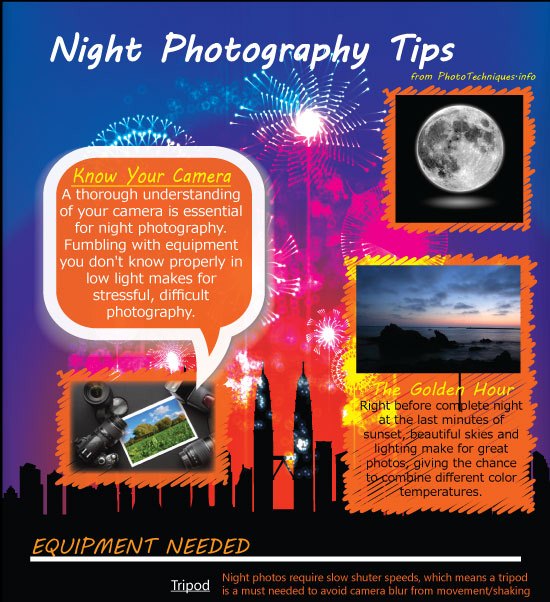Typical Mistakes New Photographers Make And How To Avoid Them
Typical Mistakes New Photographers Make And How To Avoid Them
Blog Article
Authored By-Donaldson McFadden
As a new photographer, it's very easy to get caught up in the attraction of premium gear and overlook the fundamentals that really elevate your craft. You could find yourself discouraged when your pictures do not show the vision you had in mind. Typical errors, like disregarding lighting principles or disregarding structure concepts, can hold you back more than you realize. However comprehending these challenges can change your strategy. Let's check out these errors and how you can sidestep them to boost your digital photography trip.
Ignoring Illumination Fundamentals
Neglecting illumination principles is among the most significant bad moves brand-new professional photographers make. You might think that catching a wonderful photo is everything about your camera settings or the most recent equipment, however the fact is, illumination is crucial. Appropriate lighting can elevate your photos from mundane to magnificent, and understanding it can save you from numerous missed possibilities.
Initially, focus on all-natural light. The golden hours-- quickly after daybreak and prior to sunset-- provide soft, complementary light that enhances your subject. Avoid harsh noontime sun, which can cast uncomplimentary darkness. If you're firing inside your home, place your subject near windows to capitalize on diffused light.
Next, discover to control synthetic lights. Explore various resources, like lights or outside flash. Usage reflectors to jump light back onto your subject for a softer impact. Do not neglect that shadows can add depth; embrace them rather than hesitating.
Finally, relevant website changing your electronic camera settings according to the lighting conditions. Understand how shutter speed, aperture, and ISO interact to accomplish the desired direct exposure.
Overemphasizing Tools
Lots of brand-new professional photographers come under the trap of believing that having the most recent and best gear will immediately enhance their digital photography. While it's appealing to believe that a higher-end camera or an expensive lens will elevate your job, the truth is that it's not almost the tools you use.
Your skills, creativity, and understanding of photography play a much bigger duty in generating stunning pictures. Purchasing top-notch equipment can be valuable, however it shouldn't be your main focus. Instead, focus on grasping the basics-- light, make-up, and storytelling.
You can take impressive photos with a basic video camera if you understand exactly how to use it properly. Usually, it's the professional photographer's vision, not the gear, that makes the difference.
Additionally, exaggerating tools can bring about aggravation and fatigue. You may find yourself frequently chasing after the next piece of equipment instead of refining your craft.
Neglecting Make-up Concepts
When you get your video camera, it's very easy to focus solely on the subject, but ignoring structure concepts can bring about dull pictures. Structure is the backbone of photography; it overviews the customer's eye and creates a visual story. If you ignore it, your stunning subject may obtain lost in a messy framework.
Begin by using the policy of thirds. Visualize your frame divided into nine equivalent components by two straight and two upright lines. Position key elements along these lines or at their crossways for a well balanced and appealing shot.
Additionally, consider leading lines. Usage all-natural lines in your scene to draw the customer's eye toward the topic.
Do not ignore https://mymodernmet.com/different-types-of-houses-around-the-world/ . Usage bordering aspects to develop a "structure within a structure." This technique can include deepness and emphasis to your topic.
Last but not least, focus on negative room. Sometimes, much less is much more. Allowing empty space can enhance your prime focus and produce a much more effective image.
Conclusion
Finally, by avoiding these common challenges, you can boost your digital photography skills significantly. Focus on understanding lights, structure, and exposure rather than obtaining lost in pricey gear. Don't take too lightly the power of post-processing, either-- it can absolutely change your images. Keep in mind to pick the correct time of day for capturing, as lights plays an essential function in your final results. Embrace these tips, and see your photography thrive!
